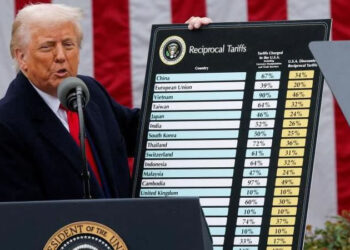Nigeria’s Securities and Exchange Commission has suspended previously announced plans to regulate cryptocurrencies, until those dealing in them are able to open bank accounts in the West African nation.
“For the purpose of admittance into the SEC regulatory incubation framework, the assessment of all persons and products affected by the CBN circular of Feb. 5, 2021, is hereby put on hold until such persons are able to operate bank accounts within the Nigerian banking system,” SEC said in a statement on Thursday.
The agency said in September it viewed cryptocurrencies as exchangeable securities and would regulate them to provide protection for investors and to ensure the transactions are transparent.
Following risks identified in the transactions by the central bank, the SEC “engaged with the CBN and agreed to work together to further analyze, and better understand the identified risks to ensure that appropriate and adequate mitigants are put in place, should such securities be allowed in the future,” it said in its latest statement.
The exchange commission’s statement came days after Nigeria’s apex bank ordered financial institutions in the country to close accounts dealing in cryptocurrencies, saying the transactions posed risks to the economy.
Nigeria has proven to be a hotspot for cryptocurrency. And apart from available statistics, the validation that came in 2020 alone was enough proof. The reasons are apparent: tech adoption, predominant young population, high inflation rates, volatile fiat currency, and an underperforming banking sector.
During the #EndSARS movement, over $80,000 was contributed in Bitcoin after non-profit activist group, Feminist Coalition’s account for voluntary donations was blocked.




































